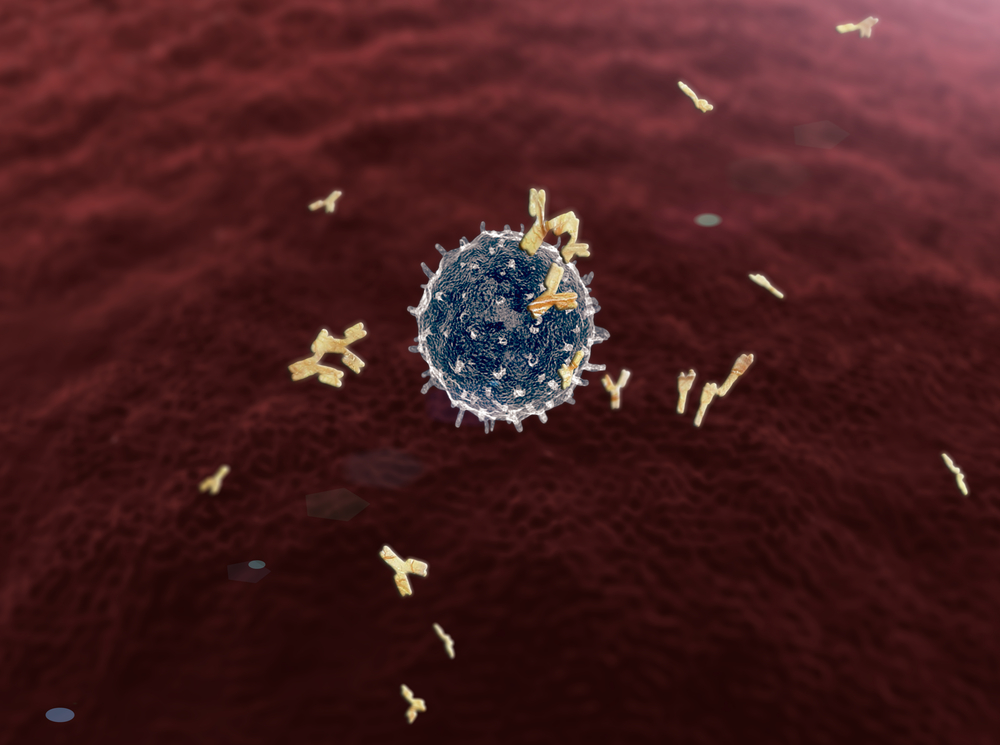A comprehensive and extended review on last decade’s research devoted to cancer, immunity, and immunotherapy has recently been highlighted in a joint special issue featuring a series of articles published in Cancer Cell and Trends in Immunology journals.
Cancer Cell editor Li-Kuo Su noted in the special issue, “We approach these topics from different perspectives and expertise, but with the joint aim of providing a meeting ground for discussion and exchange between the cancer biology and immunology communities” while Trends in Immunology Editor Fabiola Rivas added, “In these coordinated special issues, we explore the complex relationship between the immune system and cancer and the potential of harnessing anti-tumor immunity for the treatment of disease.”
In the Cancer, Immunity, and Immunotherapy special issue, readers are introduced to a History of Immunotherapy section featuring an article by Jacques Miller and Michel Sadelain entitled “The Journey from Discoveries in Fundamental Immunology to Cancer Immunotherapy,” where authors review how curiosity-driven research laid the ground for immunotherapeutics in cancer management and highlight how several fundamental questions await investigation.
A following section highlights How Immunotherapy Drugs Work and presents a review article by Suzanne Topalian, Director of the Melanoma Program at Johns Hopkins University School of Medicine’s Sidney Kimmel Comprehensive Cancer Center, and colleagues entitled “Immune Checkpoint Blockade: A Common Denominator Approach to Cancer Therapy,” where authors review the research on immune checkpoints pathways, i.e. a panoply of inhibitory receptors and ligands that work to keep the immune system in check and prevent an exacerbated immune response that can be deleterious in healthy conditions but which may be hijacked by cancer cells to prevent immune responses against tumors.
As the authors noted, “Armed with a new understanding and unprecedented opportunities, the field of immunotherapy is now standing on the threshold of great advances in the war against cancer.”
In a Trends in Immunology article entitled “Immune-mediated mechanisms influencing the efficacy of anticancer therapies,” authors including Karin de Visser and Seth Brandon Coffelt of The Netherlands Cancer Institute (NKI), discuss current anti-cancer therapies, including chemotherapy, radiotherapy, and targeted therapy modulated by innate and adaptive immune cells and suggest measures on how immune host responses can actually boost anti-cancer therapies and identify the challenges of treating advanced metastatic cancers.


